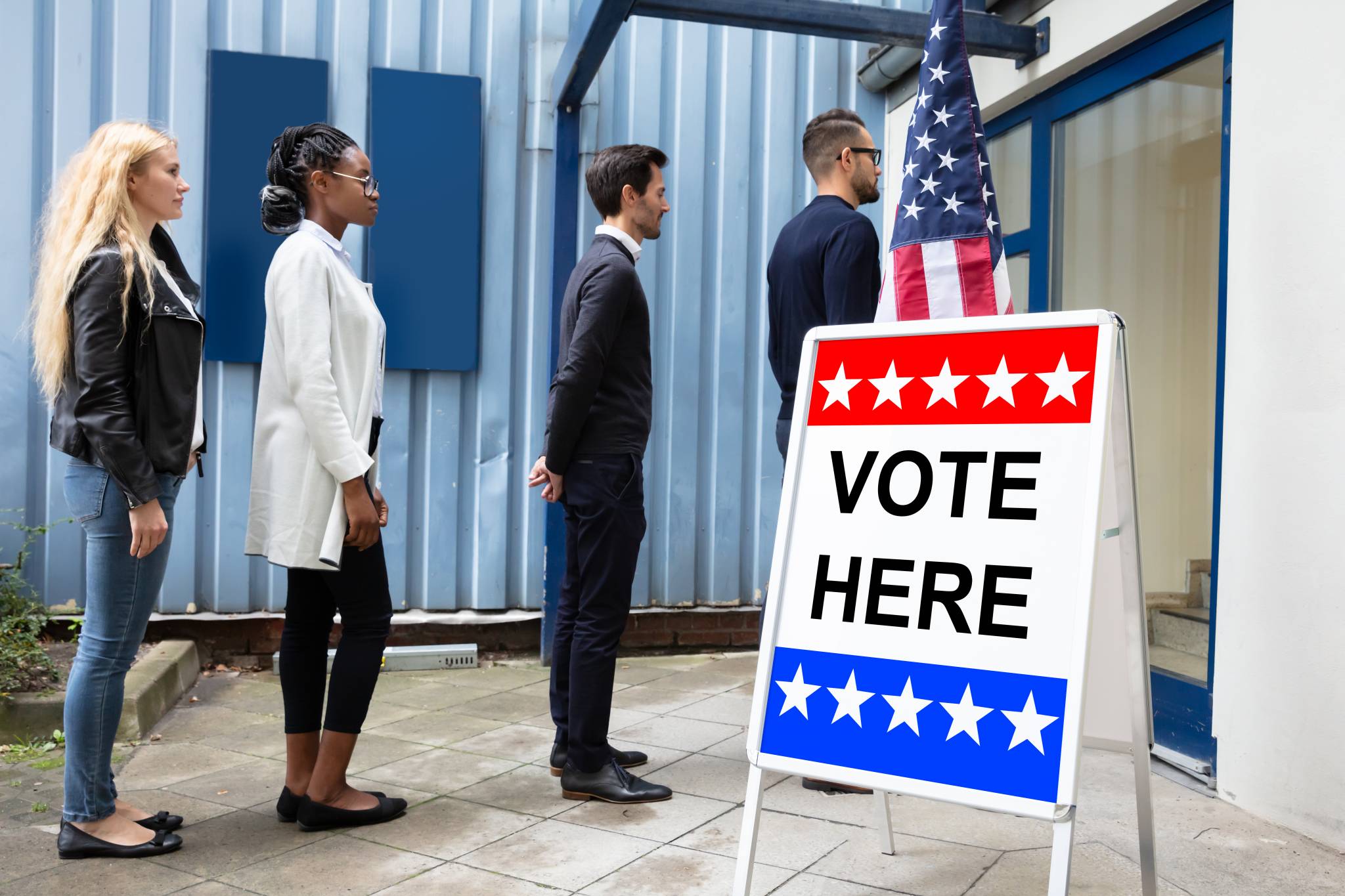The 1968 American presidential election was the first time I was eligible to vote. I quickly learned two lessons from that year: 1) Politics makes strange bedfellows of competing and divergent groups and views; 2) Politics can be divisive and cause breaches between families, friends, the workplace, sports and, yes, the body of Christ.
Fifty-two years later the lessons from 1968 are continually reinforced. If anything, the proliferation of news outlets and social media has added to the Machiavellian fray. In light of that, I want to share some thoughts and principles I have learned over these years as we approach our national election on Tuesday, November 3, 2020.
- Our unity as Christians is in the Head of the church, Jesus the Messiah. The New Testament affirms the Lordship of Jesus over all creation, all powers and principalities, all generations and all people in our various organizational forms (government, ethnicity, etc.). Our unity in the IPHC is not based on any political party or candidate, but solely in Jesus Christ. Our individual differences, though strongly felt, are not greater than our unity under Jesus Christ.
- As Christians in the USA (as in any other nation), we have a responsibility to be salt and light. Jesus spoke about this in Matthew 5:13 and 16. Our responsibility as salt and light is manifested in several ways:
-
- We must educate ourselves regarding what the Bible teaches us about political concerns. For the IPHC, this means understanding a cluster of issues we believe the Bible addresses. These include the priority of life from conception to the grave; the divine design for marriage and human sexuality; rejection of ideas and actions that demean and oppress others (such as racism); care for the poor; treatment of the stranger; religious liberties; violence and abuse; honesty and fairness in economic matters. The IPHC positions for many of these are available at https://iphc.org/position-papers/.
- We must discern the spiritual battles of right versus wrong, spirituality versus carnality, and God’s righteousness versus unrighteous human power. These battles are fought daily in our fallen world. This discernment must be done “by the armor of righteousness on the right hand and on the left” (2 Corinthians 6:7). We know that “the weapons of our warfare are not carnal but mighty in God for pulling down strongholds” (see 2 Corinthians 10:4).
- We must recognize that the IPHC is diverse within the United States, and even more so globally. Individually, we will decide for whom to vote based on numerous reasons. While the voting booth is private, we must respect those who publicly state choices different from ours.
- We must discern the difference between fundamental agreement on core issues and differing views related to specific policies. This requires listening to one another before we speak or write. We may discover we have more in common than when we first thought.
- We must register to vote, and actually vote. You can go to this website to determine what you should do in your state concerning registration requirements, mail-in ballots, absentee ballots and in person voting: https://howto.vote/
- We must study and discern the platforms of the political parties. The Democratic Party platform is at http://bit.ly/2020DemPlatform. The Republican Party platform is at http://bit.ly/2020RepubPlatform.
- We must carefully discern the positions of political candidates on the national, Congressional, state and local levels. In an era of information and misinformation overload, it is imperative that we confirm the accuracy of social media reports.
-
- I am asking each IPHC congregation in the United States to promote voter registration and get-out-the-vote efforts. As citizens of the Kingdom of God, we have an obligation to our nation and communities to be gracefully and wisely engaged.
- Most importantly, we must pray. Prayer brings us before the Lord of all creation. In His presence, and among His children, in His Word, we discern His lordship and love for His creation. In our prayers we pray for peace, honesty and clarity in the elections and post-elections period.
In the 1992 U.S. presidential election I learned something important about prayer. I pastored the Franklin Springs Pentecostal Holiness Church, and there were strong opinions in the congregation about the candidates and the election. As we approached the November elections, three viable presidential candidates emerged: George H.W. Bush, William J. Clinton and H. Ross Perot. I asked three mature members of the congregation to lead in a prayer for one of these candidates.
One of the people I asked to pray said to me, “I do not support the candidate you have asked me to pray for, and at first it was hard for me to pray for him. However, the more I prayed, the more the Lord opened my heart to pray for him, that God would guide and bless him, regardless of my personal views and choices.” He had tears in his eyes as he told me that being in the presence of God changed his perspective to view things from a heavenly perspective and not simply from personal views.
Finally, we must commit ourselves to pray for whoever is elected to offices in various levels of civil government. I hope we do that now in our church pastoral prayers and in our devotional life. We should call aloud the name of the president, the governor, the mayor and others in our communities, and we should do it each Sunday. We do this in obedience to God’s Word (see 1 Timothy 2:1-3 and Romans 13:1-7).
And let us remember “that at the name of Jesus every knee should bow, of those in heaven, and of those on earth, and of those under the earth, and that every tongue should confess that Jesus Christ is Lord, to the glory of God the Father” (Philippians 2:10, 11, NKJV).


